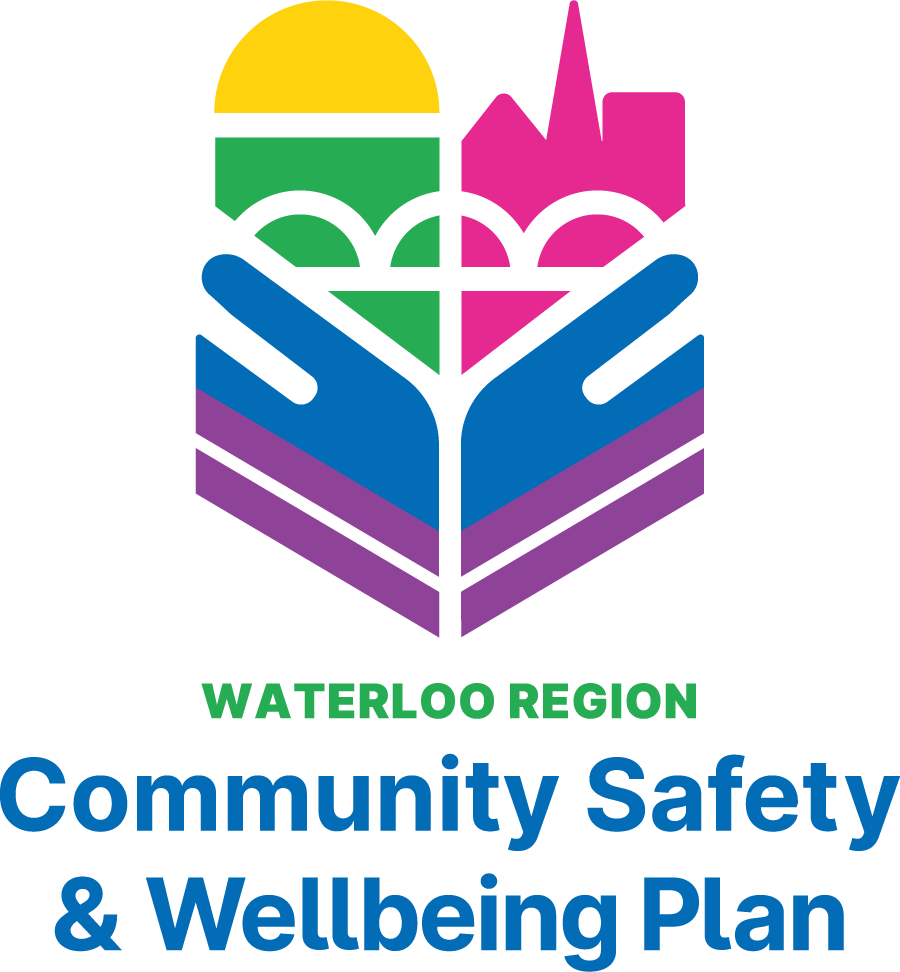#keepwaterlooregionkind
In partnership with:
Welcome! This website is part of the We all belong here anti-hate campaign - a community resource guide to understanding, addressing, and reporting hate in Waterloo Region.
Waterloo Region is a caring and compassionate community, and yet incidents of hate continue to rise here and across Canada.
The community is coming together to create a stronger sense of safety and belonging for all, and we need your support to make the biggest impact.
Taking the pledge is one way to commit to personal actions for combatting hate.
This website aims to:
-

Increase awareness and provide education
Increase awareness about the different forms of hate, racism, discrimination and harassment faced by equity-denied groups in the community, and learn about options for reporting.
-

Empower communities to take action
Support the community in building safer, more inclusive spaces by providing tools, strategies, and opportunities for meaningful action.
Learn about what the Combatting Hate Action Table is doing to act against hate.
-

Provide support to those who have experienced harm and those who may have caused harm
Equipping those experiencing harm, bystanders, and those who may have caused harm with resources for support.
About the Campaign
Addressing systemic racism and hate is essential to a safe and well community.
The “We all belong here” campaign is a community-wide effort to build belonging and raise awareness of hate and harm that is based on one’s identity.
As part of the Community Safety and Wellbeing Plan (CSWP), together with community, the Combatting Hate Action Table has developed this anti-hate campaign aimed at shaping a region where everyone feels welcomed, respected and celebrated for who they are. This is a community campaign to reduce hate and increase belonging.
Community Safety and Wellbeing Plan
The Community Safety and Wellbeing Plan (CSWP) recognizes that hate, harm and discrimination have no place in Waterloo Region.
The CSWP is a community-led initiative that includes partners from across the region working together on four key priorities, including combatting hate. Regional Council and the network of partners actioning the CSWP believe building belonging is essential to achieving a safe and well Waterloo Region.
This campaign is one way that the Community Safety and Wellbeing Plan is taking action to address identity-based hate and harm, to make Waterloo Region a place where everyone belongs.
Understanding Hate
We aim to understand hate and identity-based harm beyond narrow, individual definitions of emotion or prejudice by shifting to relationships, belonging, and community well-being.
-
Hate
Hate is a breakdown or distortion of relationship — an orientation of disconnection that denies the shared humanity, dignity, and interdependence between people or groups. It emerges and is sustained within social and structural conditions that normalize exclusion, devalue certain identities, and erode mutual care. From a community perspective, hate is not only a feeling or act of hostility, but a collective wound that fractures belonging and weakens the relational fabric that holds communities together.
Relationally, hate reflects a refusal or failure to be in right relationship — an abandonment of empathy and reciprocity.
Socially, it is sustained through narratives, policies, and practices that mark some as less worthy of safety, voice, or love.
Communally, healing from hate requires rebuilding connection, accountability, and trust — not only punishing harm but restoring the conditions that make belonging possible.
How Hate Happens
Hate grows in spaces where people don’t feel connected or seen.
It takes root when:People have little chance to know or understand those who are different from them.
Stereotypes and misinformation go unchallenged.
Systems and institutions treat some groups as less valuable or deserving.
Conflict or fear isn’t addressed in healthy, restorative ways.
Left unchecked, these conditions allow hate to spread — moving from private beliefs to public harm.
Protecting Belonging
Communities can prevent and respond to hate by building relationships and accountability:
Listen to and believe people who experience hate or exclusion.
Speak up when harm happens, even in small ways.
Create spaces where people can share stories, learn, and repair relationships.
Challenge systems or norms that leave some community members unsafe or unseen.
Belonging grows when we take responsibility for each other’s dignity and safety — when we choose connection over separation, and care over fear.
-
Identity-based Harm
Identity-based harm is any action, behaviour, or structural condition that targets, devalues, or excludes a person or group because of aspects of their identity — including race, ethnicity, gender, sexuality, ability, faith, culture, language, or other characteristics that are central to who they are.
This harm can take many forms: verbal, emotional, physical, social, or systemic. It can be explicit, like harassment or violence, or subtle, like exclusion, microaggressions, or institutional barriers.
Identity-based harm affects not only individuals but communities, eroding trust, belonging, and safety. It operates both through direct acts and through systems or cultural norms that normalize inequality or dehumanization.
Key Principles:
Relational: It damages relationships, trust, and connection between people and within communities.
Cumulative: Even small, repeated harms can have deep and lasting impacts.
Beyond legal frameworks: Identity-based harm exists even when no law has been broken. Justice, accountability, and healing can occur outside the criminal legal system.
In short: Identity-based harm is harm rooted in who someone is, shaping experiences, relationships, and communities, calling for responses that restore dignity, belonging, and safety.
Podcast
What does it mean to belong? On this episode of Your Region Pod, we look at how belonging benefits the whole community.
Sign up for the CSWP Newsletter
Stay up to date on what’s happening with the CSWP and get information on upcoming community events that are related to this work.







